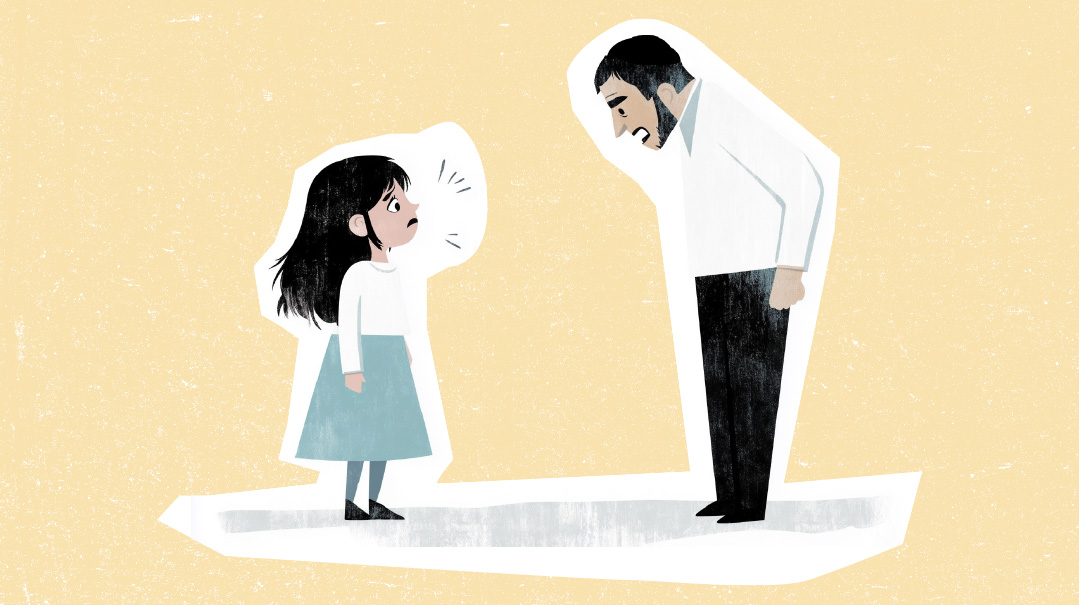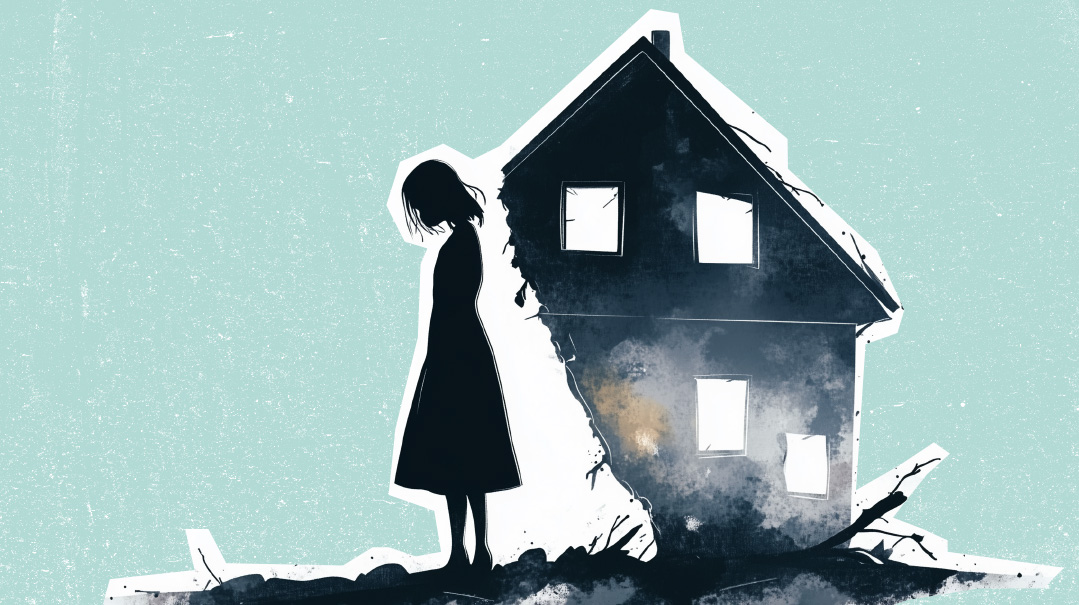“How to Stop My Children from Teasing Each Other”

You can’t make siblings like each other. However, you can enforce respectful behavior at home

MYnine-year-old daughter struggles academically. She’s receiving help out of the classroom, and she’s making great progress. Her twin sister and older sister who attend the same school are embarrassed by the fact their sister receives tutoring. They tease her about it, and she gets upset and does things to bother them. This goes on all the time. I’ve tried to explain to the “teasers” that academic performance is up to Hashem, and if they don’t need tutoring that’s because Hashem decided they would have different challenges — and that everybody has challenges. It hasn’t helped. I see my nine-year-old’s confidence is affected by all the teasing, and it breaks my heart. How do I fix this?
AS a parent you naturally want all your kids to get along, love each other, and take care of each other. And one day, they might. On the other hand, they might not; not all siblings get along well.
Either way, you can model good relationship skills, teach the value of cooperation, and instill the importance of supportive sibling relationships. That’s it really. You can’t make siblings like each other.
However, you can enforce respectful behavior at home. Whether they “get it” or not, you can insist that your children refrain from bullying, mockery, dismissing, and harassing each other. You can use all of your educational strategies to make your point and gain compliance: Show and tell them how to communicate with each other, offer them praise when they behave appropriately, and use negative consequences as necessary for engaging in hurtful or disrespectful behaviors.
I know you want your kids to be more compassionate toward their sister. You’ve already explained their sister’s challenges and her need for their approval, but this strategy hasn’t changed their feelings or their behavior. Your goal isn’t to make your kids like their sibling more or appreciate her learning challenges. What’s important right now is that they change their behavior, the way they’re treating her; they can work out their animosity with her at a later date. Or not.
Similarly, it’s important for the nine-year-old to change her behavior, since she’s no innocent victim. Again, use teaching, modeling, rewarding, and, when necessary, disciplining, to get her to interact with them positively rather than through teasing.
Keep in mind that normal kids tend to be immature and child-like. Most of them will feel embarrassed by a sibling who stands out due to some disability. Kids like to blend in, not stand out — and certainly not because of something as unglamorous as having to be taken out for “special needs” classes. You can model compassion by showing compassion for the “teasing” kids as well. You can say something like, “It’s hard for you to have a sister who’s being taken out of class. It makes you feel different, right?”
When they feel understood by you, there is a better chance that they will understand that their sister is struggling and hurting. Right now, it seems to the twin and older sibs that the only one you care about is their learning-disabled sister; you don’t care about how awkward the situation makes them feel. You haven’t acknowledged, let alone supported, their feelings of shame and discomfort. This unfair distribution of your sympathies can make the older kids resent the “special-needs” child even more.
However, you’ll need to be very careful when comforting the older ones. Remember — they’re children! They can use your words against your sandwich daughter, telling her, “Mommy said it’s normal for us to be embarrassed of you!” Speak to the older ones as if you expect them to convey your words to the younger one during the very next fight they have.
Finally, be careful not to favor the nine-year-old’s self-defense method of attacking her siblings. Discipline her firmly for hurting, teasing, and otherwise behaving inappropriately. Don’t worry — she won’t break. She knows she’s behaving badly. When the older ones see that you won’t allow the younger one to hurt them, their resentment will diminish even more, and they’ll find it less necessary to take matters into their own hands. Probably.
Nothing is guaranteed because, as I mentioned earlier, children are childish. If the special ed issue didn’t exist, they might have found something else to fight over. Sibling conflict is normal and to be expected. Unless there is real physical or verbal violence, it rarely causes developmental harm. Your seven-year-old is clearly spunky, able to fend for herself. She’s not being broken. On the contrary, she’s learning and practicing skills that may help her throughout her life.
(Originally featured in Family First, Issue 895)
Oops! We could not locate your form.





